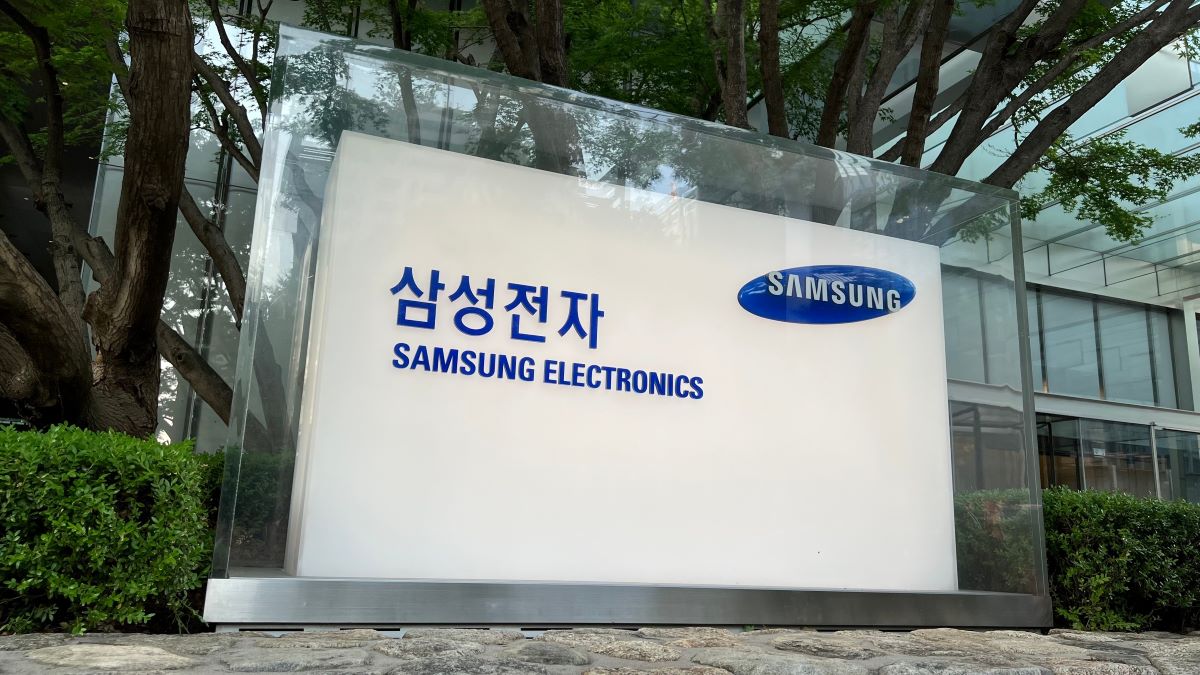Samsung profits for the third quarter will probably see a 78% dive, announced the South Korean electronics major in its preliminary results today. The numbers highlight the gravity of a slump that has engulfed the entire chip sector.
However, the numbers are aligned with analyst estimates and reflect an improvement from the record 95% profit decline the Korean chip maker posted in the previous quarter.
Samsung stated that it expects operating profit to have reached nearly 2.4 tn won ($1.8 bn) for the three months through September. The company also indicated that its revenue for the period has probably dropped 12.7% year on year to nearly 67 tn won. However, on a quarter-on-quarter basis, operating profit has probably climbed 258.2%, while revenue rose 11.7%.
According to industry experts, Samsung’s focus was on more profitable, specialised chips like high bandwidth memory (HBM) used in AI devices to counter the lower prices of generic commodity memory chips.
Though the divisional results are yet to be posted, several analysts believe that Samsung’s profits could be a result of the losses from its chip business being balanced by strong performance in its mobile and display divisions, especially after the new Galaxy Z Flip5 and Fold5 smartphones were launched during the third quarter.
Positive time for chipmakers?
Samsung and several other industry players like SK Hynix and Micron Technology have been grappling with a downturn since the pandemic. Due to weak demand for gadgets and excess inventory of chips, mainstream clients such as personal computer makers and smartphones, have been cutting orders.
However, analysts are optimistic and say that Samsung’s numbers indicate that the worst may be behind them now. They also say that the South Korean giant’s performance is all set for a rebound in the fourth quarter. Overall, they are optimistic about the industry making big production cuts to weather the uncertainty. Samsung and Hynix have said they will cut the output of NAND chips used in PCs and phones.
To add to the buoyancy, the US granted an exemption to Samsung and Hynix to acquire the equipment required to sustain and boost their chipmaking operations in China. This exemption will enable the top chipmakers to sail through the tough times and allow them to operate in a huge chip market like China.
SK Hynix and Samsung both have massive production operations in China, and the Biden administration had imposed restrictions on the import of advanced semiconductor manufacturing equipment and high-performance graphics processing units (GPUs) from the US to China since last October.
Overall market experts are upbeat about the turnaround in the global chip segment in 2024. “For 2024, a solid demand recovery is on the cards, supported by a PC upturn, the resumption of server growth, and the wave of enthusiasm for artificial intelligence (AI) that will likely add 5% alone to global bit demand,” opines Robeco.
Samsung’s plans for the future
In the meantime, South Korea’s ambitions to boost domestic semiconductor production to secure the supply chain are supported by Samsung Electronics. Earlier this year the electronic giant announced plans to invest nearly $230 bn through 2042 to build five new memory and foundry fabs in South Korea.
Also other countries, including the US, Taiwan, Japan, and China, are shoring up their domestic chip manufacturing to counter risks in the global supply chain due to escalating tensions between the US and China.
Besides, Samsung also now wants to capitalise on the artificial intelligence (AI) related boom in tech spending. The electronic giant also has plans to double its capacity to make high-bandwidth memory, which has the capacity needed to speed up AI training, by 2024.


 Australia
Australia China
China India
India Indonesia
Indonesia Japan
Japan Malaysia
Malaysia Philippines
Philippines Singapore
Singapore South Korea
South Korea Taiwan
Taiwan Thailand
Thailand Vietnam
Vietnam







